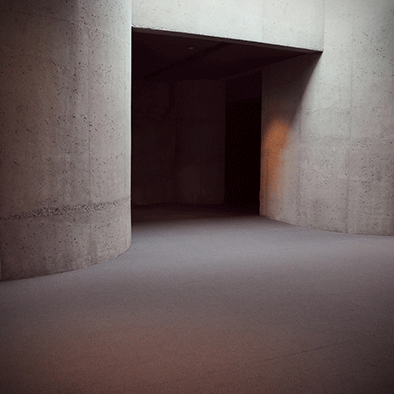Anxiety, Phobia, Panic Attacks, Agoraphobia, Fear
Anxiety, Phobia, Panic Attacks and Agoraphobia have one thing in common. Fear. Fear is a feeling that everybody knows as being an entirely normal feeling. Fear usually is a reaction to a frightening situation such as a bank robbery or any other dangerous situation. Normal fear turns into anxiety disorders or phobia when a fearful reaction occurs that does not correspond to the actual event, i.e. a situation that the majority of people would rate as not frightening at all, or if the anxiety reaction is so abnormally strong that the patient has the impression he is going to vomit, to faint, to die or to go insane.
Definition and Symptoms & Signs
Panic attacks
Panic attacks are unexpected short attacks of fear. The duration can be between 10 -20 minutes. The patient often experiences palpitations, chills or hot flushes, sweating, trembling or shaking, nausea, dizziness, numbness or tingling. Moreover the patients could experience shortness of breath and chest pain. This could lead to fear of having a heart attack, fear of choking, fear of losing control, fear of losing one’s mind, fear of fainting and fear of dying. Patients are not able to say what they fear in particular. Thus they are worried that it could happen again. Panic attacks can occur as panic disorder or be a symptom of other conditions like phobias or post-traumatic stress disorder.
Agoraphobia
Agoraphobia describes the fear of being trapped and not being able to escape certain situations or places while having a panic attack. These situations could be: being far from home or travelling, being in crowded places, standing in a line, being on a bridge. Thus patients are trying to avoid all these situations up to the point where they are restricted in almost all activities of daily living or even being housebound. Symptoms are sometimes less troublesome if patient is accompanied by a trusted friend or a family member
Panic disorder
We speak about panic disorder if panic attacks are recurring or if the patient is constantly worrying that another panic attack will follow. We separate panic disorder with agoraphobia from panic disorder without agoraphobia.



